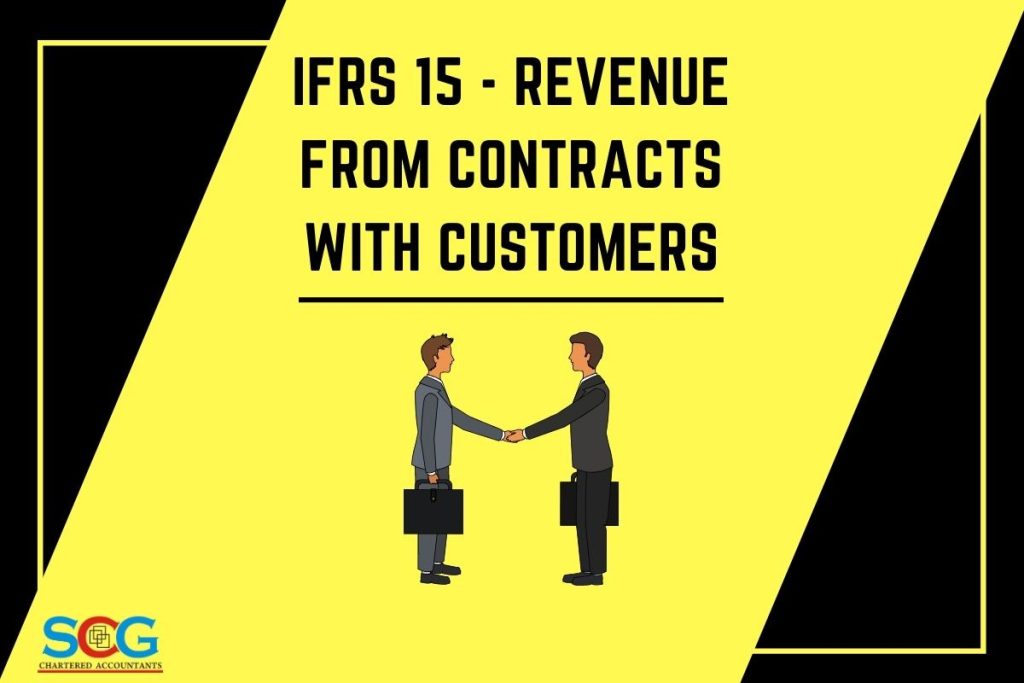International Financial Reporting Standard (IFRS) 15 – Revenue from contracts with customers came into effect on 1 January 2018.
It defines revenue and sets the rules for recognizing, measuring and disclosing revenue from contracts with a customer.
Having a contract with a customer is a precondition for applying IFRS 15. So, what is a contract? This article discusses what makes up a contract that falls within the scope of IFRS 15.
What is a Contract?
A contract exists when an agreement between two or more parties creates enforceable rights and obligations between those parties.
A contract can be in writing, oral, or implied by the entity’s normal business practices.
Criteria to Determine Whether a Contract Exists
IFRS 15 sets out five criteria that the contract must meet before an entity can apply the revenue recognition model to that contract:
1. The parties have approved the contract and committed to performing their respective obligations.
For a contract to be enforceable, all parties to the contract must approve the contract and commit to perform their respective obligation.
Whether one can enforce the rights and obligations of a contract depends on the relevant laws, legal precedents, and regulations.
There is no contract if each party may end an unperformed contract without compensating the other party.
A contract is unperformed if:
a). The entity has transferred no goods or services to the customer; and
b). It has not yet received, and is not due, any consideration for the promised goods or services.
2. Each party’s right to the goods and services can be defined
The contract must identify the goods or services promised and the rights and obligations of each party.
If the rights and obligations of each party are uncertain, the entity cannot enforce them, and therefore there’s no contract.
3. The payment terms for the goods and services can be established
The basis for determining the payment terms must be clear. You need not state a price but there must be enough detail to fix the price.
4. The contract has commercial substance.
A contract has commercial substance only when the entity’s future cash flows will change because of the contract.
[i]There is a change in cash flow when there is a significant change in any of the following factors:
- Risk– increase in the risk that cash inflows will not occur because of the transaction.
- Timing – such as a change in the timing of cash inflows received because of the transaction.
- Amount– such as a change in the amount paid as the result of a transaction.
5. Collectability of the consideration is probable.
It should be more likely than not that the entity will collect the amount due under the contract. To determine the ability of the customer to pay, the entity must assess the customer’s credit risk.
Take-away
To apply the revenue recognition model of IFRS 15, you must assess whether the contract meets these attributes:
- All parties have approved the contract and commit to perform the contract.
- Each party can identify his rights to goods/services.
- Each party can determine the payment terms.
- The contract has commercial substance.
- Collectability is probable.
If the contract meets the five criteria, you can apply the revenue recognition model to account for the contract.
If you need help with IFRS 15, please contact SCG Chartered Accountants.
For more blogs and information please follow us on Facebook, Twitter, Youtube and LinkedIn.
[i]https://www.accountingtools.com/articles/what-is-commercial-substance.html

